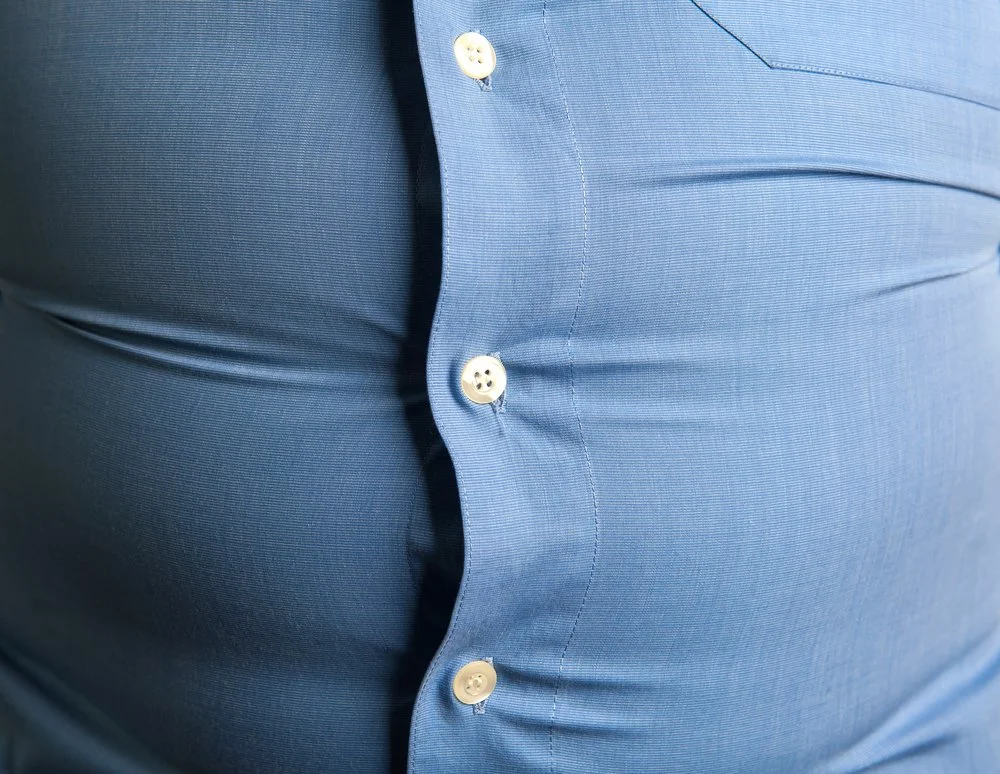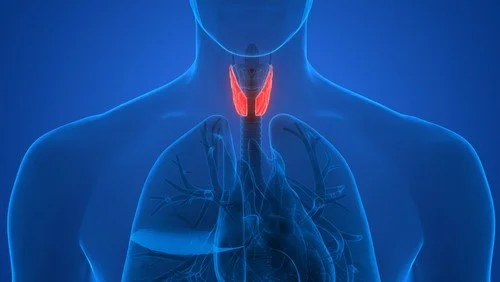How food toxins cause weight gain
Deborah lost 17 (unwanted) kilograms - by moving to a low toxin diet many years ago. Now she names some of the foods which contain toxins - and how you can substitute them for safer options.
Prevalence of Obesity Increases Fourfold for Young People
A report from The Lancet[1] shows that, in 2022, more than 1 billion people (15%) or one in seven people globally live with obesity. But it is the increase in prevalence that is most disturbing. Adult obesity has more than doubled since 1990, and for children and adolescents the rate has quadrupled.
How can this be – when nutrition advice is thrown at us constantly by social media, by dieticians and doctors – and by food manufacturers via their product labels? Why are we getting fatter and sicker with every passing year? Why is the advice not working?
On top of all this is the increasing risk of chronic diseases – brought about by being overweight. Weight gain is a short cut to metabolic syndrome, Type 2 diabetes, coronary heart disease, stroke, rheumatoid arthritis and osteoporosis among others.
[1] https://www.thelancet.com/journals/lancet/article/PIIS0140-6736(23)02750-2/fulltext
The trouble with nutritional advice - as we have discussed before - is that most of it is out of date. New evidence about human disease now places dietary toxins high on the list of suspects.
A sick thyroid means weight problems.
But it is often fixed without drugs or surgery - by avoiding the culprits - with a low toxin diet.
Gluten, dairy implicated in weight gain - as well as disease.
Glutens in grains, casein and lactose in dairy products are of major interest. In addition phytates in lentils, beans, nuts and other things … along with alkaloids in nightshades are also in the spotlight.
Disease mechanisms include the depositing of plaques in arteries and on neurons in the brain, inflammation, tissue damage, disruption to organs - these are all under the microscope. for weight problems - it is the thyroid gland.
Take care of your precious thyroid gland!
This brilliant little piece of kit directs your body either to ‘burn’ calories from food . . . or ‘store’ which means converting them to deposited fat. But toxins like gluten disrupt the process leading to weight problems.
Why me?
Ever wondered why some people can eat lots and not get fat . . . while others stick with low-fat varieties of everything but cannot shift the extra kilos?
It’s all about your thyroid gland, located in the neck. It works hard to keep things finely balanced - to get exactly the right nourishment from the foods we eat so we have energy. Your thyroid also ensures that some energy is stored as fat - so there is reserve when food is not available.
However casein, gluten and phytates in particular can really mess up the balance.
Normal biochemical processes are derailed, components are generated in the wrong amounts and timing of sensitive reactions is thrown out of kilter. Stuff goes wrong!
The upshot? Either we lose weight gradually - or we gain gradually.
Solution? Move to a low toxin diet.




